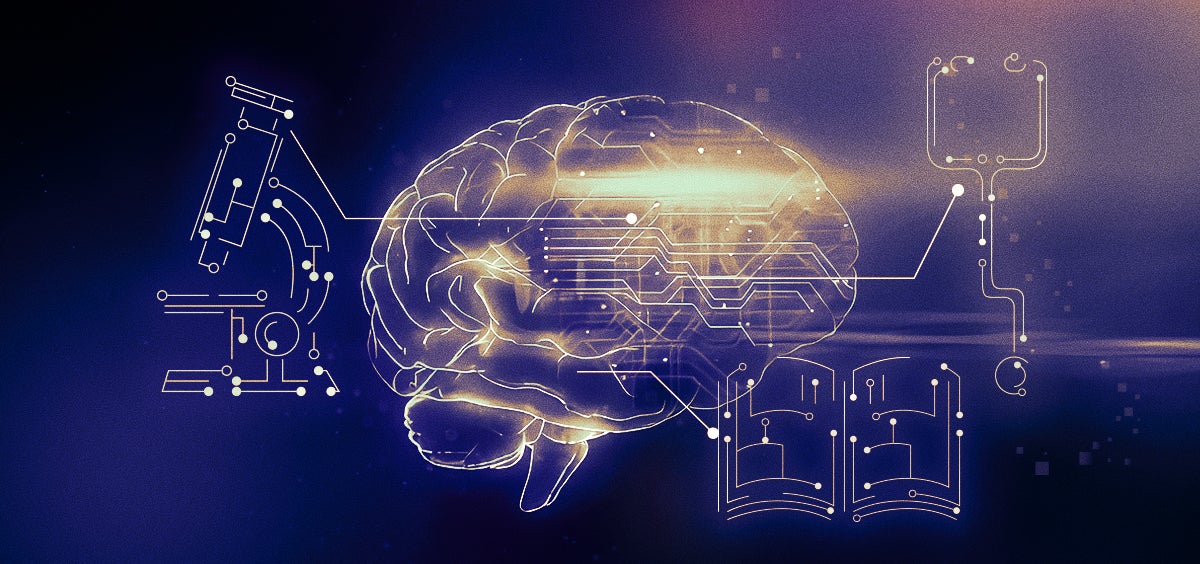
Artificial intelligence (AI) has traversed a remarkable journey since its inception and now stands at the precipice of transforming numerous industries, from healthcare to finance and transportation. As AI technology advances rapidly, it becomes crucial to explore the future implications it holds and adequately prepare to harness its opportunities while navigating the challenges and ethical complexities it presents. This article delves into the potential of AI, its prospects in various sectors, the hurdles it may encounter, and the ethical factors that necessitate careful consideration.
Unveiling the Opportunities of Artificial Intelligence:
- Healthcare: AI has the potential to revolutionize the healthcare industry by expediting drug discovery, improving patient diagnosis, and optimizing treatment plans through data analysis.
- Manufacturing: AI-powered machines can elevate manufacturing efficiency, minimize errors, and streamline processes, leading to increased productivity.
- Finance: In the financial sector, AI can revolutionize financial services by automating routine tasks, forecasting market trends, and detecting fraudulent activities.
- Customer Service: AI-driven chatbots can provide round-the-clock customer service, reducing wait times and enhancing customer satisfaction.
Addressing the Challenges of Artificial Intelligence:
- Job Displacement: The rise of automation and AI may lead to job displacement in certain industries, necessitating reskilling and upskilling to adapt to new job opportunities emerging in AI-related fields.
- Bias: AI algorithms can inherit biases from their creators and training data, potentially perpetuating discrimination and reinforcing inequalities if not appropriately addressed.
- Privacy Concerns: The vast amount of data collected by AI-powered technologies raises privacy and security concerns, necessitating robust data protection measures.
Navigating the Ethical Considerations of Artificial Intelligence:
- Transparency: Ensuring transparency in AI algorithms is crucial, enabling users to comprehend their functioning and make informed decisions about their usage.
- Accountability: Both AI creators and users should take responsibility for the outcomes generated by AI algorithms, ensuring ethical and safe applications.
- Fairness: Striving for fairness in AI algorithms is imperative to prevent discriminatory practices and guarantee equal treatment of individuals and groups.
Exploring Career Opportunities in AI:
For those aspiring to embark on a career in the field of artificial intelligence, platforms like Indeed offer valuable resources. With a wide array of job opportunities in AI and machine learning, from research and development to implementation and maintenance, job seekers can find the perfect fit to start or advance their careers in this burgeoning industry.
Frequently Asked Questions (FAQs):
Q: What does the future hold for artificial intelligence?
A: The future of artificial intelligence is promising, with the potential to revolutionize various industries and improve our daily lives.
Q: What are the key opportunities of artificial intelligence?
A: AI presents opportunities in diverse sectors, including healthcare, manufacturing, finance, and customer service.
Q: What challenges does artificial intelligence face?
A: Challenges encompass job displacement, biased algorithms, and concerns about data privacy.
Q: What ethical factors should be considered in the realm of artificial intelligence?
A: Ethical considerations include transparency in algorithms, accountability for AI outcomes, and the pursuit of fairness in AI applications.
Conclusion:
The potential of artificial intelligence is awe-inspiring, but it requires careful navigation of challenges and ethical dilemmas. As AI continues to advance, striking a balance between progress and responsibility is essential to maximize its benefits and mitigate risks. Embracing AI technology while addressing its challenges and ethical considerations will enable us to shape a future where AI enhances our lives and contributes to a better world.

